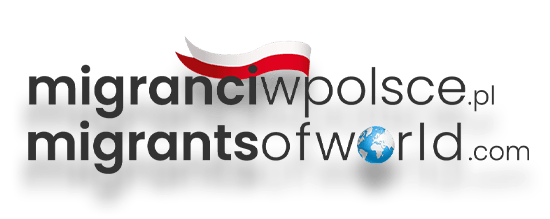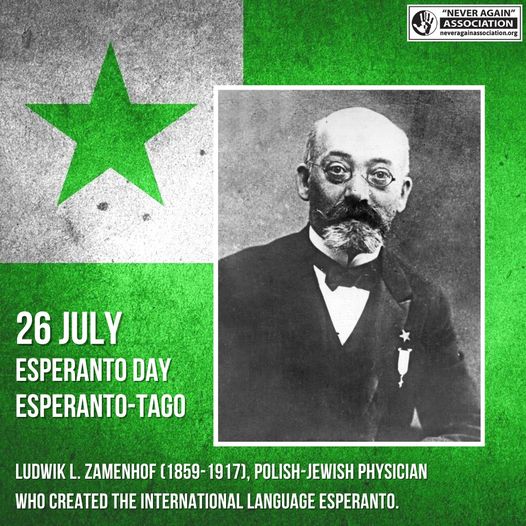ESPERANTO DAY / ESPERANTO-TAGO
Esperanto is the most widely spoken constructed international auxiliary language in the world. In contrast to lingua francas (natural languages that are widely used for international communication such as English, Spanish or French), Esperanto was specifically created to break down language barriers and make human communication easier.
The Esperanto language was developed by Jewish ophthalmologist Ludwik Lejzer Zamenhof, who was born in a multi-ethnic city of Bialystok, Poland. Zamenhof was a polyglot who spoke Yiddish, Russian, Belarusian, Polish, German, and some English and Italian. He also studied classical languages such as Aramaic, Hebrew, Greek, and Latin.
Inspired by the multicultural, multilingual, and multi-faith community of his native Bialystok, Dr. Zamenhof was inspired to help peoples all over the world communicate on equal terms. His whole life, he campaigned to promote Esperanto, believing it would lead to a world of mutual understanding, justice, and peace.
Esperanto Day (in Esperanto: Esperanto-Tago) is a worldwide observance on 26 July, which celebrates the publication of “Unua Libro”, the first book in the Esperanto language, by Ludwik Zamenhof, on this day in 1887.
#esperantoday







